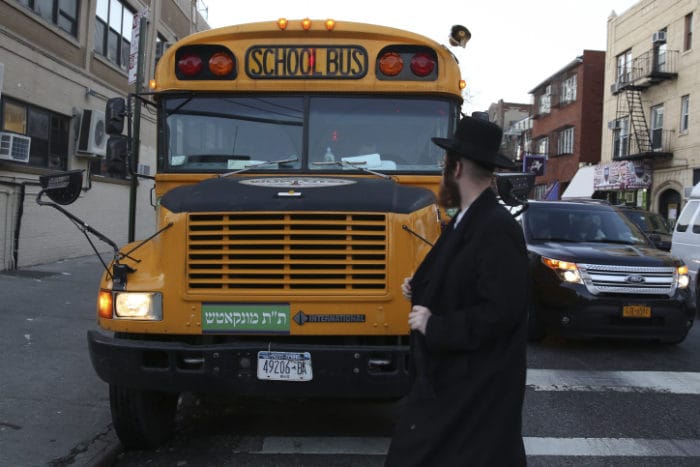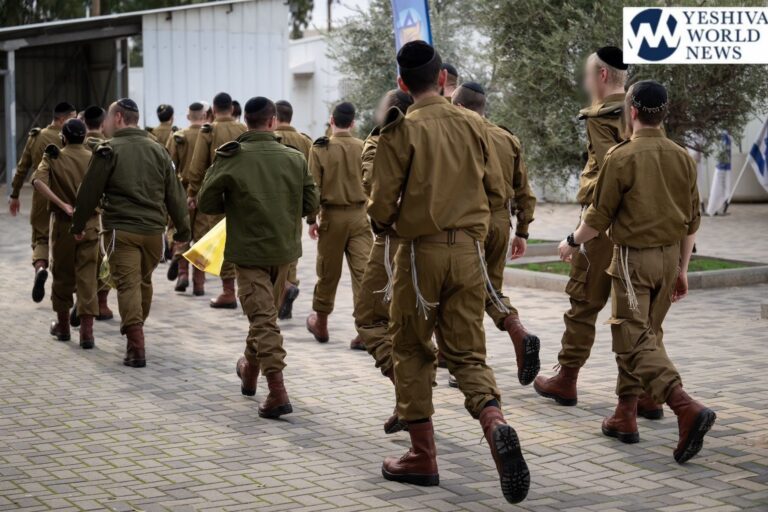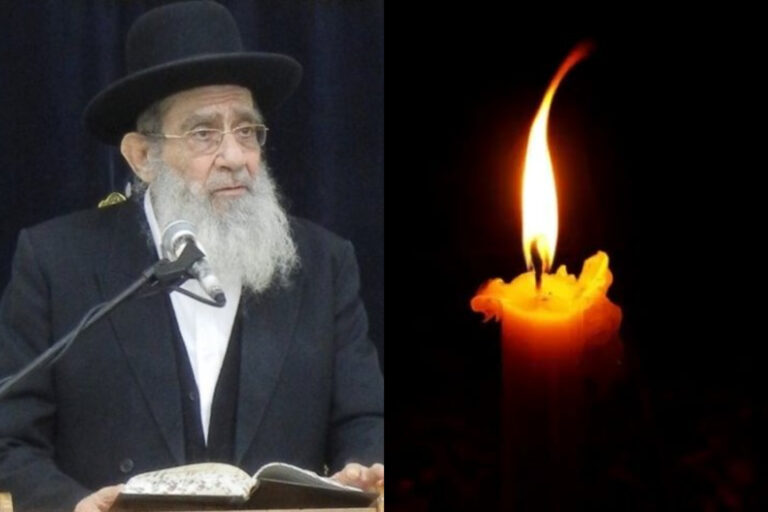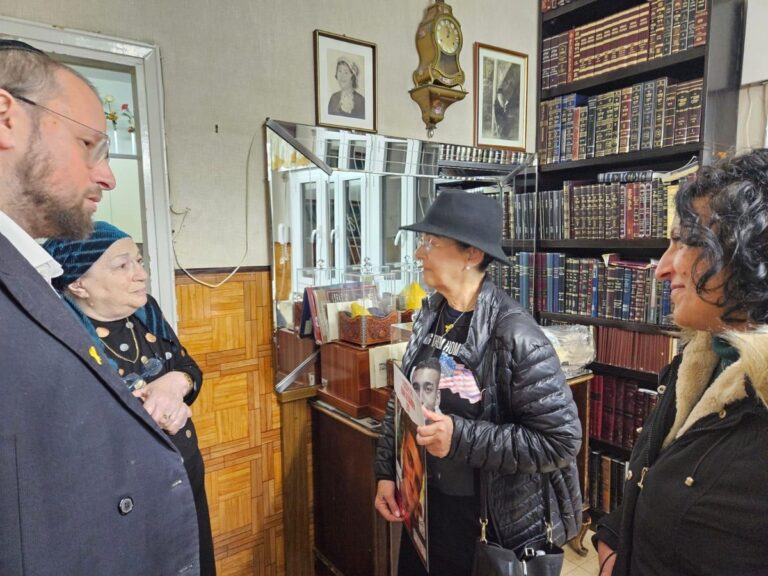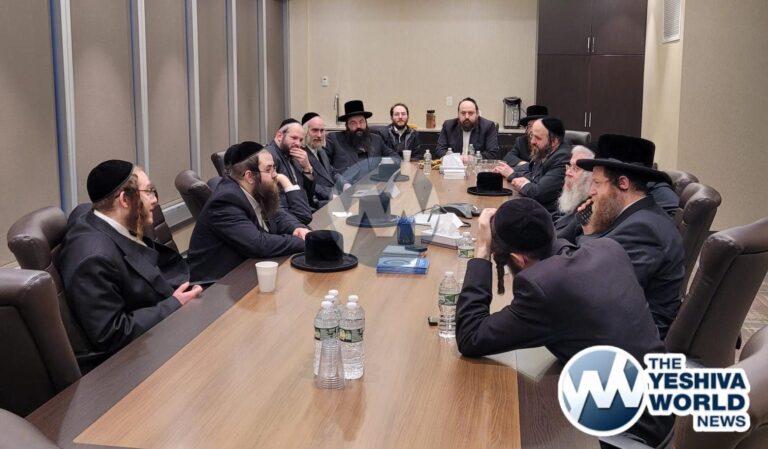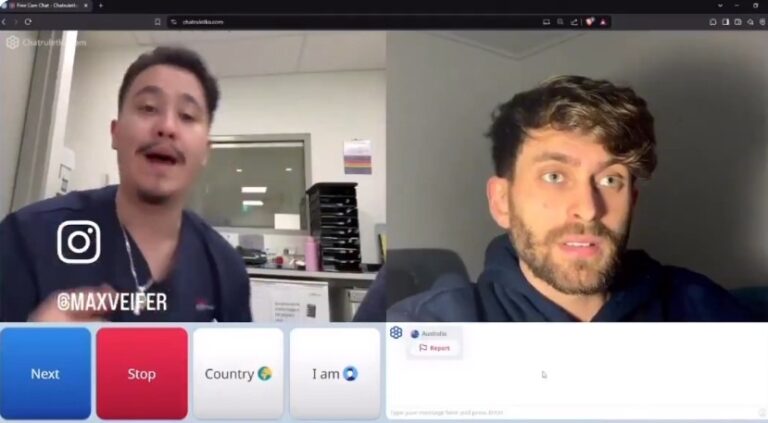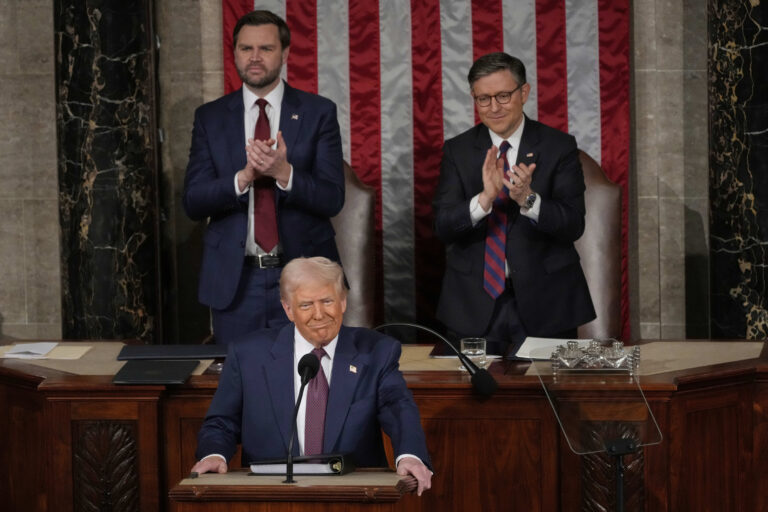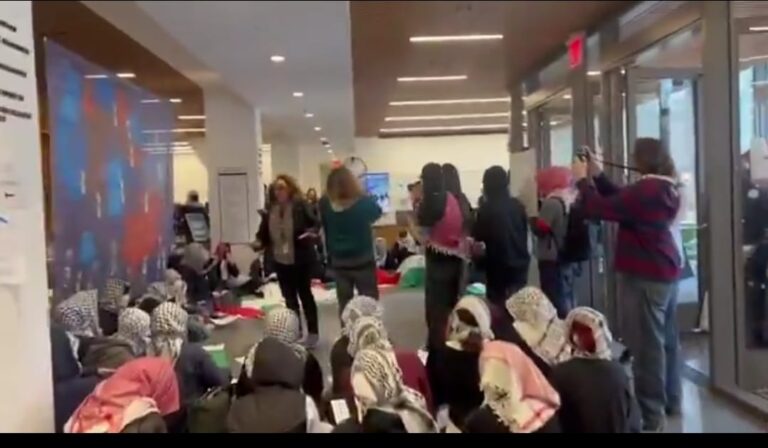 A U.S. appeals court on Friday upheld the convictions of two Islamic militants charged with participating in a plot to bomb New York’s John F. Kennedy International Airport.
A U.S. appeals court on Friday upheld the convictions of two Islamic militants charged with participating in a plot to bomb New York’s John F. Kennedy International Airport.
The 2nd U.S. Circuit Court of Appeals in New York declined to throw out a 2010 jury verdict against Russell Defreitas, 69, and Abdul Kadir, 61, who were found guilty of conspiracy to carry out acts of terrorism.
The court also upheld the life sentences for the men, both from Guyana, saying neither provided a persuasive argument the prison terms were unreasonable in light of their convictions of conspiring to explode pipelines and jet fuel tanks at the airport.
“The gravity of the crimes for which they were convicted easily justifies the life sentences that were imposed,” Judge John Walker wrote for a three-judge panel.
Lawyers for the defendants did not comment on the ruling.
Prosecutors say the conspiracy to blow up the airport began in 2005 or 2006. Much of the evidence was gathered by an informant who was recruited into the conspiracy after meeting Defreitas, who had worked at the airport as a cargo handler.
Authorities say the idea to attack Kennedy airport originated with Defreitas. He conducted surveillance in January 2007 and videotaped potential targets, prosecutors say.
In a recorded telephone call, Defreitas said the attacks would be “worse than the World Trade Center,” a comparison to the attacks of Sept. 11, 2001.
Defreitas, Kadir, and two other defendants, Abdel Nur and Kareem Ibrahim Ibrahim, were arrested in June 2007. Nur pleaded guilty before trial, while Ibrahim was convicted and received a life sentence in January 2012.
On appeal, Defreitas and Kadir challenged the use of an anonymous jury.
The 2nd Circuit found no fault in the district judge’s decision to allow for an anonymous jury, noting they were charged in a plot that “had the potential to kill hundreds or thousands of people.”
The appeals court panel also upheld decisions to allow prosecutors to introduce photos of Kadir posing with machine guns and allowing a government expert to testify about the activities of militant Islamic groups in South America.
The 2nd Circuit dismissed a separate appeal by Nur, saying his guilty plea was “knowing and voluntary.”
(Reuters)

